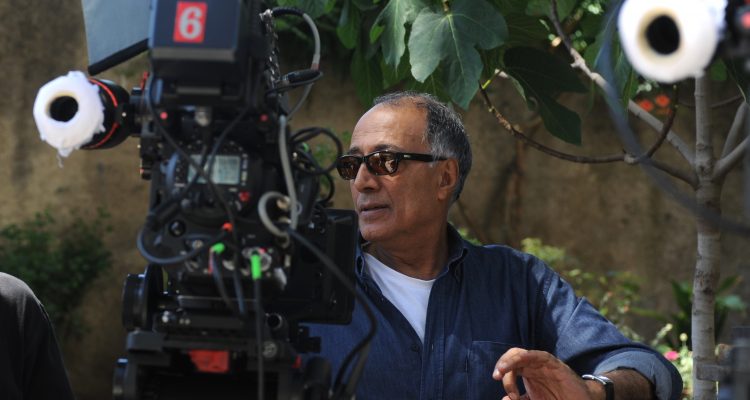 Considering the near-impossible restrictions and generally repressive atmosphere in Iran, it’s extraordinary the degree to which the country’s film industry has flourished in the past 30 years. Perhaps the best known of the Iranian filmmakers, internationally, is Abbas Kiarostami, who’s become a staple of film festivals and increasingly beloved by film fans across the world.
Considering the near-impossible restrictions and generally repressive atmosphere in Iran, it’s extraordinary the degree to which the country’s film industry has flourished in the past 30 years. Perhaps the best known of the Iranian filmmakers, internationally, is Abbas Kiarostami, who’s become a staple of film festivals and increasingly beloved by film fans across the world.
This week sees the release of “Like Someone In Love,” the director’s latest film, which sees him head to Japan for the first time for a film that many have described as a companion piece to 2010’s “Certified Copy,” Kiarostami’s first English-language feature and his first made outside of Iran. While, per our review from Cannes last year, the film isn’t one of his finest, it still seemed like a good opportunity to take a look back at his work to date. The director doesn’t have the largest body of work, at least in fiction filmmaking — he’s also a prolific documentarian and occasionally makes experimental films too, as well as being a poet and an artist. Indeed, the question of truth and fiction is one that recurs across Kiarostami’s work, often using documentary tropes in a fictional setting.
Nevertheless, we’ve limited ourselves for this feature purely to the director’s fiction films, at least partly because much of his early work remains unavailable in the United States. So, below begins a brief primer to the major films of Abbas Kiarostami — if you check out the film in the coming weeks, it should give you some tips on where to continue with the director’s films.
 “Where Is the Friend’s Home?” (1987)
“Where Is the Friend’s Home?” (1987)
Inimitable Iranian filmmaker Kiarostami struck gold early on with his second feature, following a young boy attempting to deliver a notebook to his classmate which he absent-mindedly left at school. Should the boy return to class without this, he’ll most certainly be expelled. The duration of the story involves the journey, which entails meeting various folk along the way who provide insight as well as directions. In a way it’s kind of like the loosely-plotted road movies we’ve all come to know and love; the filmmaker uses the light premise to explore the rural areas and typical culture of the area. It’s much more touching and optimistic than other renowned child-perspective movies (“The 400 Blows,” “L’enfance nue”) and without the spurious nature of movies that tread on similar sentimental water. [B+]

